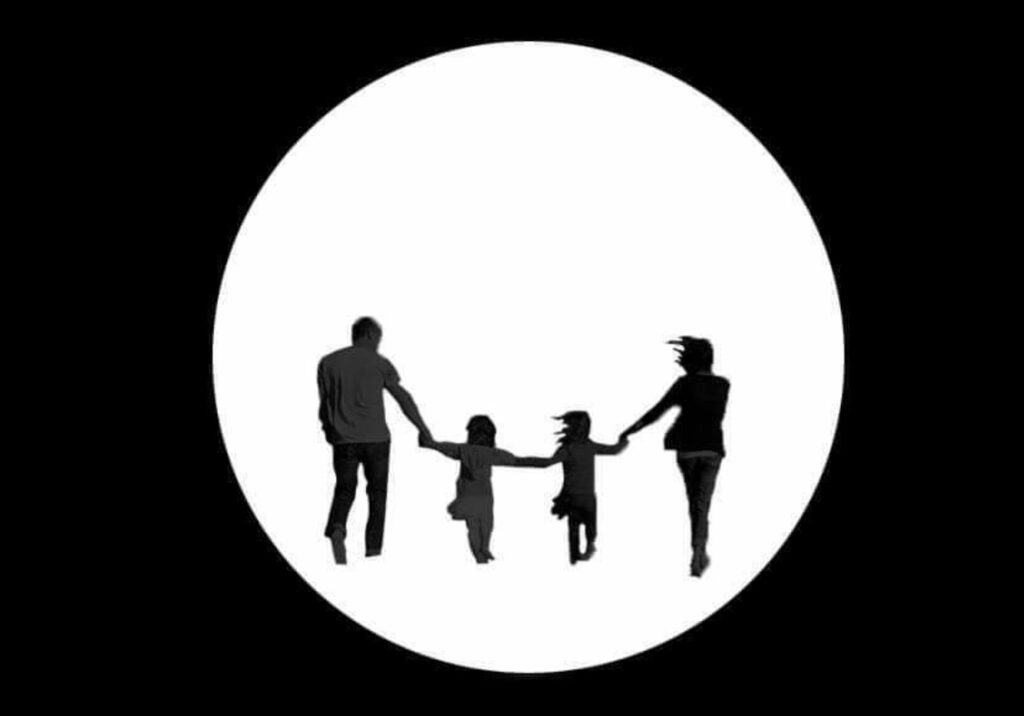Dr Walter Reynolds

On August 10, 2020, Dr Walter Reynolds – a Family Physician – was unyieldingly attacked while providing patient care. Husband to Anelia and father to two girls – Walter succumbed to his injuries, leaving a family and community abruptly bereft of a man described as deeply caring, always smiling and willing to give the shirt off his back
I was on summer vacation with my own family when I heard of the attack. As I read the early reports, my heart was overwhelmed by the ferocity of it. As a fellow South African immigrant, husband, father of two and a Family Physician – I was further saddened that much that I shared in common with Walter and his family had been unnecessarily and unjustly lost.
I’m not much of a writer, but felt compelled to write about Walter’s death and violence against physicians. To be honest, it’s not easy to find words to express how I feel because sorrowfully I have been here too many times.
I lost a colleague to murder during my residency. She too was killed by a hammer-wielding assailant in a community clinic. Two of my colleagues have been sexually assaulted and another beaten to within an inch of life. All were providing direct patient care when attacked. In all instances, the violence occurred just out of sight and sound – and just beyond reach of help in busy clinical areas.
On a daily basis, physicians are exposed to some form of violence – from verbal, psychological and physical assault to racism, sexism and discrimination. However, few Family Physicians expect violent assault or murder because deep longitudinal trust forms the foundation of Family Medicine.
Realistically, we need to accept that just as one can drown in an inch of water – any one of us can be killed within an inch of help. It can happen on any day and in any clinical environment in an increasingly complex and pressured world. While we physicians may have normalized the threat to ourselves, there is in fact, no armour of invulnerability presented to us with our medical degree.
No words that I write here will give Walter back to his family. He left home to do what he loved for the community that he cared for. But he will never return home, and none of us can change that. Instead of feeling powerless though, I will commit to action in his memory.
I will review my clinic’s safety policy and protocols with my staff and colleagues and reassess my exam room layout. The Doctors of BC Violence Prevention Guide for Community Offices is a helpful resource. Before leaving in the evening, I will check in with any colleagues still seeing patients and not leave them alone if I am worried. In hospital settings, I will be more vigilant and I will have a zero tolerance policy for threats of any kind. Most importantly, if I see a situation that may be a risk to any colleague, I will ask that simple, potentially life-saving question: “Are you OK?” My safety and security and that of my colleagues will become a permanent unequivocal consideration.
To Walter’s family, I express my deepest most heartfelt condolences for a life ended far too soon. I have no words to make any of this better as they do not exist, but I will redouble my efforts to consider and ensure the safety of my colleagues. That is part of Walter’s legacy.
On a personal level, this tragedy reminds me once again of the preciousness of life and the joys of my own life. It reminds me of the privilege and honour that I have been gifted to love, to laugh, to care for and protect, to be present for my family and to treasure each priceless and irreplaceable moment of each day.

Dr Kevin Martin
Treasurer
BC Family Doctors